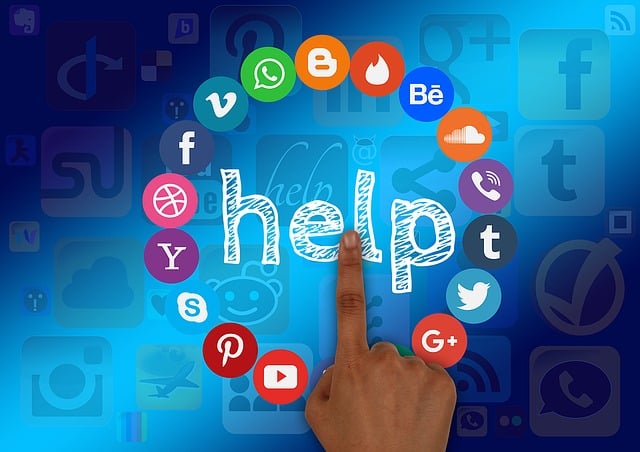The Importance of Supervising Skype Usage: Ensuring Safe Video Communication
Skype is a popular video communication platform used by millions of people around the world. It provides an easy way to stay connected with friends, family, and colleagues. However, it is important to ensure that Skype usage is properly supervised in order to maintain a safe environment for all users.
Supervising Skype usage can help protect children from inappropriate content or contact from strangers. Parents should be aware of who their children are communicating with on Skype and what type of content they are viewing or sharing. Additionally, employers should monitor employee use of Skype to ensure that company policies regarding online communication are being followed. Supervision can also help prevent cyberbullying and other forms of online harassment. By monitoring Skype usage, parents and employers can help create a safe environment for everyone using the platform.
Configuring Privacy Settings: Managing Contacts and Call Permissions
Configuring privacy settings is an important part of managing contacts and call permissions. It allows users to control who can access their personal information, such as contact details and call logs. By setting up the right privacy settings, users can ensure that only those they trust have access to their data. This helps protect them from unwanted calls or messages from strangers or people they don’t know.
When configuring privacy settings, users should consider which contacts they want to allow access to their data. They should also decide what type of calls they want to receive and block any numbers that are not trusted. Additionally, users should be aware of any third-party apps that may be accessing their data without permission and take steps to limit this access if necessary. Finally, it’s important for users to regularly review their privacy settings in order to make sure that all of their preferences are still being respected.
Restricting Access to Unknown Users: Preventing Unwanted Communication on Skype
Restricting access to unknown users is an important step in preventing unwanted communication on Skype. By limiting who can contact you, you can ensure that only people you know and trust are able to communicate with you. This helps protect your privacy and prevents any potential harassment or abuse from strangers. Additionally, restricting access to unknown users also helps reduce the amount of spam messages and other unsolicited communications that may be sent through Skype.
To restrict access to unknown users on Skype, go into the settings menu and select “Privacy”. From there, you can choose which contacts are allowed to contact you and which ones are blocked from doing so. You can also set up a list of trusted contacts who will always be allowed to contact you regardless of their status as an unknown user. With these simple steps, you can help protect yourself from unwanted communication on Skype while still allowing those close to you to stay in touch.
Monitoring Call History: Keeping Track of Your Child’s Skype Interactions
Monitoring call history is an important tool for parents to keep track of their child’s Skype interactions. By monitoring the calls that their child makes and receives, parents can ensure that their child is not engaging in any inappropriate conversations or activities. This type of monitoring also allows parents to be aware of who their child is talking to and how often they are communicating with them. Additionally, it can help parents identify potential cyberbullying or other online safety issues before they become a problem.
In addition to providing peace of mind for parents, monitoring call history can also be beneficial for children. By being able to see what conversations their child has had on Skype, parents can provide guidance and advice when needed. They can also use this information to discuss topics such as online safety and digital citizenship with their children. Ultimately, monitoring call history provides both parents and children with a sense of security and helps create a safe environment for all involved.
Promoting Digital Etiquette: Teaching Your Child Safe and Respectful Video Communication
Promoting the principles of digital etiquette is important to teach children safe and respectful video communications. With the growing popularity of social media and video conferencing platforms, children have more and more opportunities to participate in online interactions. Parents should educate their children on how to act responsibly when using these tools. Setting rules for digital etiquette can help a child avoid situations where he or she could be exposed to cyberbullying or other forms of inappropriate behavior.
Parents should also teach their children to protect their online privacy and respect others when using social media and video conferencing platforms. They should be given information about what is acceptable and what is not online and offline. The child should also know that there is a line between discussions and offensive or aggressive comments. It is also important for parents to monitor the time their child spends online and make sure they are participating in a safe online environment.
